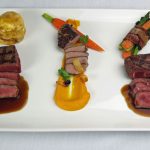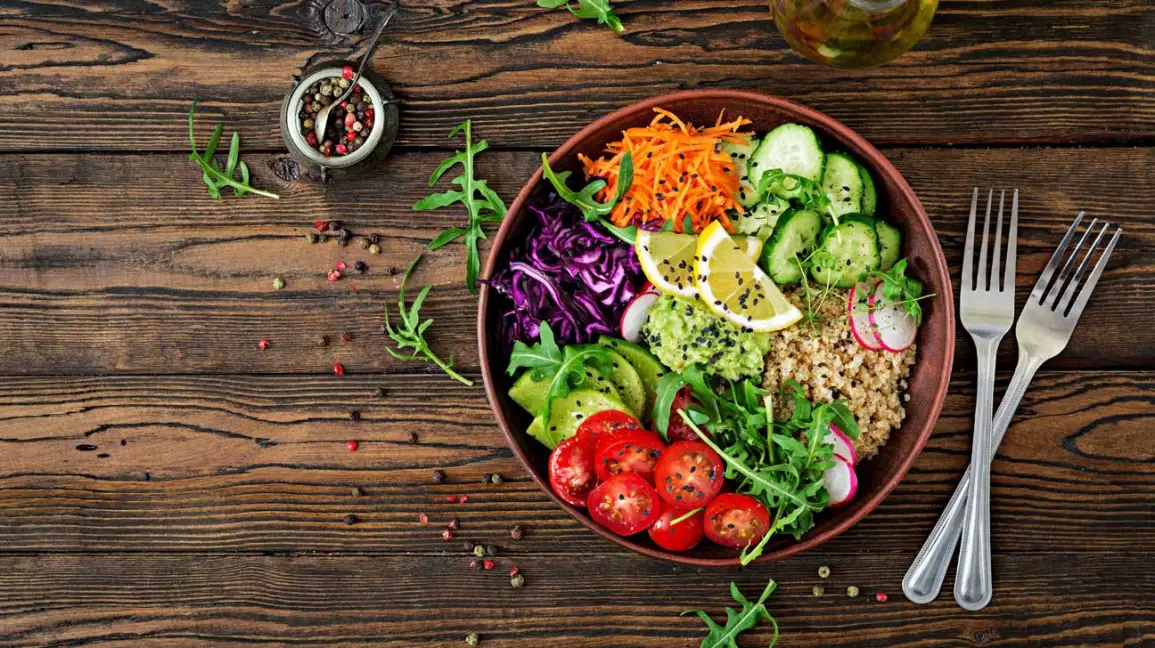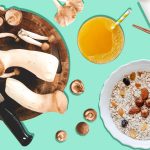One concern with vegan diet is whether they provide all the vitamins and minerals your body needs. Many people say that a whole plant-based diet is easy to follow as a daily diet.
Some even recommend that vegans avoid all supplements. Although well-intentioned, this type of advice can do more harm than good.
Here are 3 foods you should add when following a vegan diet.
-
Vitamin B12
Foods rich in vitamin B12 include organic unwashed produce, mushrooms grown in vitamin B12-rich soil, seaweed, spirulina, chlorella, and nutritional yeast. Some people believe that vegetarians eating enough food do not need to worry about vitamin B12 deficiency.
However, this belief has no scientific basis. Many studies have shown that anyone can have vitamin B12 deficiency, but vegetarians and vegans are at higher risk. This is especially true for vegans who do not take supplements.
Vitamin B12 is important for many body functions, including protein metabolism and the production of red blood cells that carry oxygen. It also plays an important role in the health of the nervous system.
Too little vitamin B12 can cause anemia, nerve damage, infertility, and bone and heart disease. The recommended daily intake is 2.4 mcg per day for adults, 2.6 mcg per day during pregnancy and 2.8 mcg per day during breastfeeding.
The only studies showing that vegans can reach these levels are by eating B12-fortified foods or taking vitamin B12 supplements. Foods fortified with B12 often include plant-based milk, fruit juices, breakfast cereals, and yeast. Some plant foods seem to contain some form of vitamin B12 naturally, but there is still debate as to whether this form is available in humans. In addition, there is no scientific evidence that unwashed vegetables are a good source of vitamin B12.
Potassium supplements only contain vitamin B12 when fortified. However, vitamin B12 is light sensitive and can break down if bought or stored in a clear plastic bag. It is important to remember that vitamin B12 is best absorbed in small amounts. Therefore, the less often you drink vitamin B12, the more you should drink.
This is why vegans who cannot meet their recommended daily intake using fortified foods should choose a daily diet that provides cyanocobalamin 25-100mcg or a week of 2000mcg. For those who are hesitant to take pills, it is possible to ensure their vitamin B12 blood level before taking them.
Finally, the ability to absorb vitamin B12 decreases with age. Therefore, the FDA recommends that everyone over the age of 51, whether vegan or not, consider fortified foods or vitamin B12 supplements.
-
Vitamin D
Vitamin D is a fat-soluble vitamin that helps improve the absorption of calcium and phosphorus in the intestines. This vitamin also affects many other aspects of the body, including immunity, mood, memory, and muscle function.
The recommended daily allowance (RDA) of vitamin D for children and adults is 600 IU (15 mcg). Adults, including pregnant or breastfeeding women, should aim for 800 IU (20 mcg) per day. That said, there is evidence that your daily needs are well above your current RDA.
Unfortunately, some foods contain vitamin D, and foods that contain vitamin D are often considered insufficient for your daily needs. This may explain the worldwide record of vitamin D deficiency in vegan diet and omnivores.
In addition to small amounts from diet, vitamin D can also be produced from exposure to sunlight. Most people can get enough vitamin D by spending 15 minutes in the middle of the day being active, as long as they don’t use sunscreen and leave their skin exposed most of the time.
However, older people, people with dark skin, people in northern hemispheres or colder climates, and people who spend little time outdoors may not be able to develop it. enough. Also, because of the harmful effects of too much UV light, many dermatologists are cautious about using sunlight to boost vitamin D.
The best way for vegetarians to tell if they are getting enough vitamin D is to test their blood. People who do not get enough energy and sunlight should consider taking a daily vitamin D2 or vegan vitamin D3 supplement.
Vitamin D2 is sufficient for most people, but some studies show that vitamin D3 has a positive effect on increasing blood levels of vitamin D.

-
Long-Chain Omega-3
Omega-3 fatty acids can be divided into two types. Omega-3 essential fatty acids: Alpha-linolenic acid (ALA) is the only essential omega-3 fatty acid and can only be obtained from the diet.
Long-Chain Omega-3 Fatty Acids: This group includes eicosapentaenoic acid (EPA) and docosahexaenoic acid (DHA). It is not important because the body can make it from ALA.
Long-chain omega-3 fatty acids play a role in the brain and eyes. Adequate nutrition also appears to be important for brain development and reduced risk of inflammation, depression, breast cancer and attention deficit hyperactivity disorder (ADHD).
Plants high in ALA include flax seeds, chia seeds, walnuts, hemp seeds, and soybeans. EPA and DHA are mainly found in fatty fish and animal products such as fish oil.
Adequate ALA intake should be followed by adequate EPA and DHA levels. However, studies have shown that the conversion of ALA to EPA is as low as 5-10%, and the conversion to DHA is closer to 2-5%. In addition, studies have shown that vegetarians and vegan diet have up to 50% lower blood levels of EPA and DHA. Most doctors recommend that 200-300mg a day is enough.
Vegetarians can supplement with algae oil to meet this recommendation. In addition, reducing your intake of omega-6 fatty acids from oils such as corn, safflower oil, sunflower oil, and sesame oil and eating enough ALA-rich foods will increase your EPA and DHA. over
Conclusion
A healthy vegan diet meal plan can meet your nutritional needs. That said, some nutritional needs may be difficult to meet with diet and energy alone.
This is especially true for vitamin B12, vitamin D and long chain omega-3s. Vegans who cannot follow the recommendations by diet alone should consider taking supplements. However, it’s best to talk to your doctor before starting a new supplement regimen.











